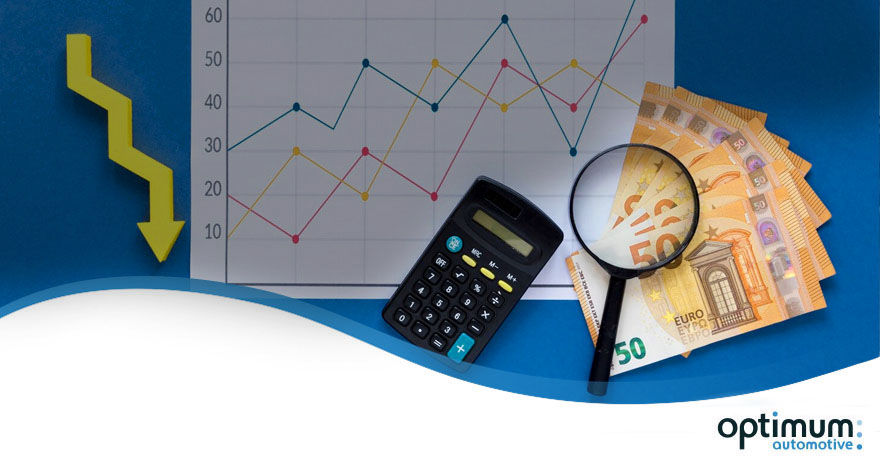
At a time when the government is exploring new ways of increasing tax revenues, a review of the taxation of company car Benefits In Kind (BIN) is under discussion. This potential tightening could increase the burden on both companies and employees, with a considerable financial impact for both parties. What does this proposed reform involve? What impact will it have on companies and employees?
In this article, find out everything employees and companies need to know to anticipate these changes and optimise the taxation of company cars..
Why a review of taxation on company cars?

The project under consideration aims to increase taxation on benefits in kind, based on a review of the rates applied to company cars. Financial ambitions aside, the government believes that the rate of private use of company cars is largely underestimated. This is undoubtedly even more true since the development of teleworking.
This reform would affect all types of company vehicle, whether internal combustion or electric. According to initial reports, combustion-powered vehicles will be the most affected, especially where fuel costs are paid for by the company. Electric vehicles would probably be less affected by this proposed tax reform.
What are the risks for companies and employees?
- For companies A rise in social security contributions linked to NEAs could lead companies to review their benefits packages or their mobility policies. The overall cost of managing vehicle fleets could increase, making it necessary to further optimise expenditure.
- For employees Company cars are often an integral part of managers' remuneration packages. A "Benefits in Kind Vehicle" line therefore appears on the gross salary of their payslip. Like gross pay, this budget line is subject to social security and employer contributions.
With higher taxation, the amounts deducted from their pay slips could increase, reducing their purchasing power.
Anticipating and limiting the financial impact of NEAs: Optimum Automotive's solutions
Optimum Automotive, a specialist in fleet management since 2006, offers a number of solutions for reducing the costs associated with benefits in kind. Here are two key strategies for companies seeking to optimise their tax situation:

1. Favouring actual tax returns for optimised tax management
To reduce the tax impact of NEAs, the actual declaration enables a distinction to be made between private and business mileage, thereby adjusting taxable amounts in line with actual vehicle use. Optimum Automotive offers an automated service called "Use and Tax", which makes it easier to monitor business and private use, while optimising tax costs. The principle is based on the creation of standard templates indicating the days and times when the vehicle is used for professional and private purposes. These schedules can of course be modified to take account of changes, unforeseen circumstances, etc. Thanks to a telematic box, the kilometres travelled are then allocated to a "professional" or "private" category.
Optimum Automotive?s "Usage and taxation" service provides an accurate snapshot of the usage of each employee. A tax simulator can also be used to establish a tax projection to determine the most advantageous method of declaration (actual or flat-rate).
2. Switch to electric vehicles with the electrification study :

Under environmental and governmental pressure (LOM, ZFE, etc.), car fleets are gradually migrating to electric vehicles, which are more economical and environmentally friendly. With the prospect of more favourable tax treatment for electric vehicles, the electric migration of company vehicles could accelerate.
Optimum Automotive offers an "electrification study" to guide fleet managers through this tricky journey. The service is based on an in-depth study of how each vehicle is used over a significant period: kilometres travelled each day, number and duration of stops, usual parking places, etc. All these parameters make it possible to obtain an accurate snapshot of how each vehicle is used and to anticipate the various stages of the energy transition: identification of 'electrifiable' vehicles, choice of replacement vehicles, calibration and location of recharging stations, anticipation of the impact on the TCO (Total Cost Of Ownership) and carbon footprint.
This study provides fleet managers with a genuine, ready-to-use roadmap.

Conclusion: prepare for the future to limit the costs of car taxation
Whether the reform of company car taxation becomes a reality or not, there are ways of optimising company car taxation today. The increase in taxation on company cars could have a lasting impact on the finances of companies and employees. By adapting now with solutions like those from Optimum Automotive, companies can not only control costs, but also proactively anticipate future tax challenges.

